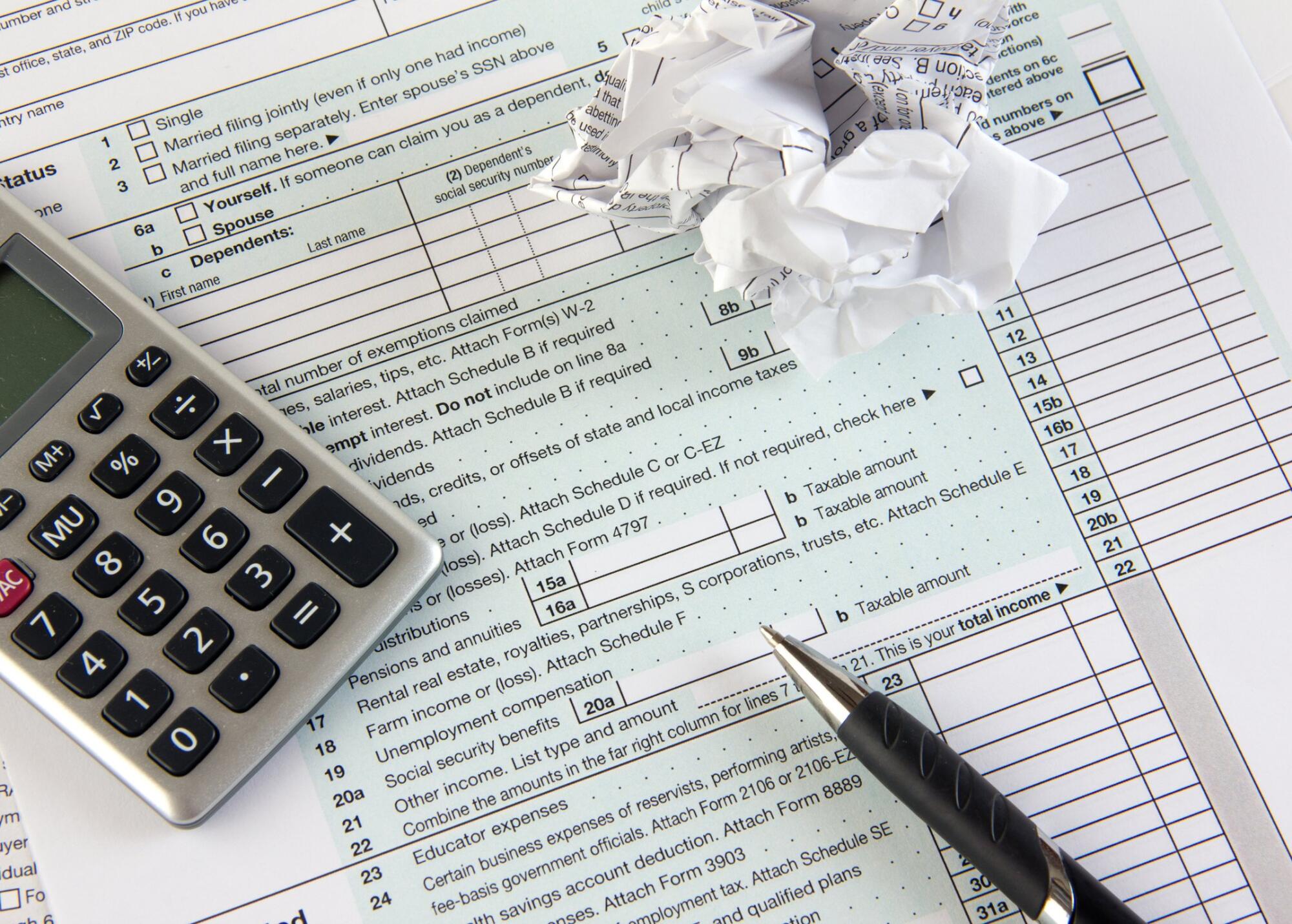The American Rescue Plan Act of 2021 significantly affects tax laws for landlords earning an income from their investment properties. While the rule's implementation has since been delayed until 2024, with the latest tax season behind us, it's important to note the changes that will apply to you soon.
Under this act, landlords must now declare income of over $600 for the year. The previous threshold was $20,000, or 200 transactions.
This means many landlords will now receive 1099 forms from the third parties responsible for orchestrating these payments, such as payment apps.
This is what you need to know about tax statements and 1099s for completing your landlord's taxes.
Understanding Tax Statements and 1099s
Tax statements are documents detailing the rental income and expenses associated with your rental business. It includes information gleaned from 1099 forms.
Property managers usually compile the relevant 1099 forms on behalf of their landlords, as they are responsible for receiving and forwarding their rental payments. Two kinds of 1099 forms apply to landlords:
- 1099-MISC for payments received via check or cash
- 1099-K for payments via electronic transfers, credit, or debit cards
You must complete these forms if you receive more than $600 worth of rental payments in a tax year.
A third 1099 tax form, 1099-NEC, is for payments made to third-party vendors or contractors for services rendered. You must fill out one of these documents for each contractor you paid more than $600 for services like repairs and maintenance.
What Information Do You Need to Fill Out Landlord Tax Forms?
You must complete every required field on your tax statements and 1099 forms. Each 1099 form has blank spaces for the following information:
- Taxpayer's ID number
- Address of the recipient
- Total amounts paid
You'll find a more detailed explanation of how to fill out the various 1099 forms on the IRS website, as well as instructions on how to submit your taxes.
You complete a Schedule E form to detail your income, expenses, and profits. This helps you calculate your tax obligation for the year.
The following expenses are permissible deductions for landlords:
- Repair and maintenance expenses
- Property management fees
- Insurance premiums
- Property taxes
- Utilities
It's best to contact a tax professional for assistance if you're unsure about how to calculate the amount you owe to the IRS. These professionals are adept at discovering additional deductible expenses so you don't inadvertently pay more tax than you need to.
Make Your Investment Property Work for You
Completing tax statements and 1099s relies on accurate and complete accounting records. As a busy landlord, it's easy to lose track and end up scrambling for the information you need just days before your tax deadline.
Hiring a property manager can help you avoid this problem and sail through tax time without a hitch.
At Gulf Coast Property Management, we keep detailed records of every transaction related to your property to ensure tax time runs smoothly for our clients. Our comprehensive service offering also includes marketing, tenant screening, rent collection, and maintenance.
Discover an easier way to manage your Southwest Florida properties today.
For more information on HOA management click here.


.png)